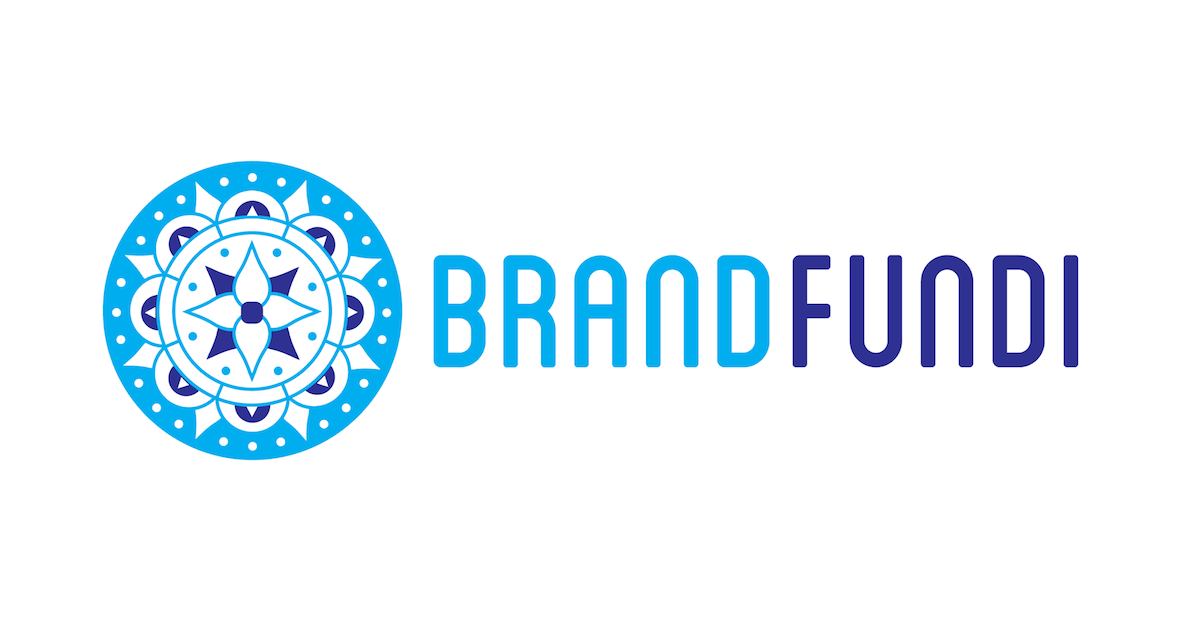Considered to be the founding father of public relations (PR), Edward Bernays, nephew of Sigmund Freud, is said to have developed public relations strategies shaped by his uncle’s theories on behavioural psychology.
He believed that governments used political propaganda to influence public opinion during World War II, which could also be used by corporations to influence public behaviour. Bernays treated public relations as science and combined Freud’s theories on psychoanalysis with other sociological theories to hone the craft. He’s said to have refined the art of the press release and shaped much of the theory on the discipline, which is reflected in his book, Crystalizing Public Opinion.
In 1923, he established the first public relations department at New York University, consulting with companies, institutions, politicians and public figures. His clients included Procter & Gamble, American Tobacco Company, General Electric, and President Calvin Coolidge.
Almost a century later, the global public relations agencies industry’s market size (revenue) is estimated to be worth $48.4bn, with expected growth to $149.44 billion in 2026.
The demand for competitive advantage is attributed to driving the industry’s significant growth. The benefit of a strong brand equity (value of the brand) built on perceptions, attitudes, and behaviours is that customers will pay a premium for it, even if they could get the same thing for less from a competitor.
For some, a world without PR sounds like a utopia. Richard Bailey, PR Academy’s PR Place Insights editor, said, “Journalists would get a break from spurious pitches. The public might be spared some commercial and political propaganda. We’d all get some rest from our over-promotional, post-truth culture.”
Depending on who you ask, PR is either the valued lifeblood of a brand, an expensive luxury or a necessary evil. In many cases, it’s a largely misunderstood industry, and for the most part, a whole lot of PR practitioners are labelled as ‘spin doctors’. In fact, PRWeek reported that the majority of people believe brands and organisations use it to hide the truth and cover up their mistakes.
PR has an image problem.
To be fair, numerous sectors and professions face debatable reputations subject to distrust and trepidation. Still, a world without PR is incomprehensible (not just because it’s my chosen profession).
“What kills a skunk is the publicity it gives itself.” – Abraham Lincoln.
People believe what they perceive to be accurate and create their own realities based on those perceptions. Professional PR creates, shifts, and manages those
perceptions that ultimately build brand equity.
But not everyone can do PR.
The profession demands a unique, versatile set of skills. Aside from the tactics and tools, PR practitioners need a specific mindset and soft skills; creative and critical thinking, time management, agility, and EQ, to name a few. They need to monitor the news cycle, competitors, consumer trends, global economies, and society’s zeitgeist and keep their client/s objectives top of mind to source opportunities to strategically and creatively insert for relevance throughout the brand campaign. This takes skill. It’s a full-time pressure that only a full-time PR practitioner can achieve. Strategy, messaging and timing all play a vital role in making this magic happen.
One industry rep said, “You are expected to be an anthropologist, writer, therapist, financial whiz, event planner, researcher, and creative director with a side of tech-savviness and the mind of a journalist.”
Brands benefit by having PR in their corner. A professionally trained expert can anticipate potential reputational risks and offer strategic guidance on how best to navigate brand challenges/crises – whether around employees, a product failure, misbehaving executives etc. – how best to share the news of launch or brand milestone…good PR practitioners will learn as much as they can about their clients and shape a positive perception that will earn the brand good favour and, therefore, more brand equity.
So, ignoring the value of good PR won’t stop your brand from being spoken about or written about. It won’t prevent perceptions from being formed. A world without PR just means that brands will have no control over how they are perceived, potentially limiting sustainability and brand equity.
In an era of fake news, brand distrust, increasing pressure on brands to demonstrate shared values and the need to exhibit positive and authentic social impact, who better than a professional PR practitioner to strategically and creatively help overcome challenges and realise the brand’s ambitions?
Long live PR!




